An upside-down baluster on a house can symbolize rebellion, misalignment, or a unique design choice, sparking curiosity and intrigue.
When exploring older homes, you might come across something unusual: a single baluster that is upside down among a row of upright ones.
This oddity can be puzzling. Is it just a mistake, or does it have a special meaning?
What is a Baluster?
A baluster is a vertical post or support that is part of a railing, often found on staircases or balconies.
They are usually placed closely together and can be made from various materials like wood, metal, or stone.
Balusters not only provide safety but also add to the aesthetic appeal of a home.
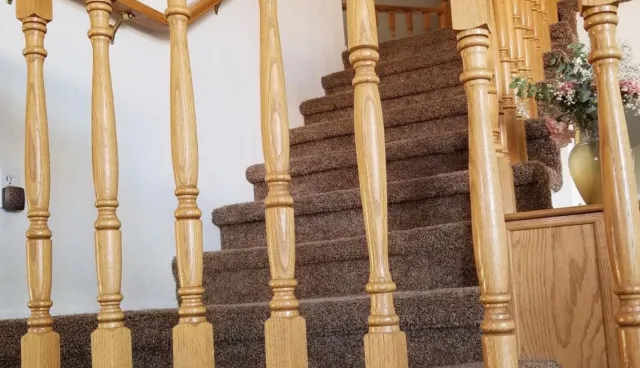
People are just realizing true meaning behind upside-down baluster in some houses
Seeing an upside-down baluster can raise questions.
Many people assume it is simply an error made during construction.
However, there are deeper interpretations that go beyond mere oversight.
Some believe that the inverted baluster is a way to express humility.
Craftsmen in earlier times sometimes included imperfections in their work as a reminder that nothing is perfect, and this can connect to the idea of human fallibility.
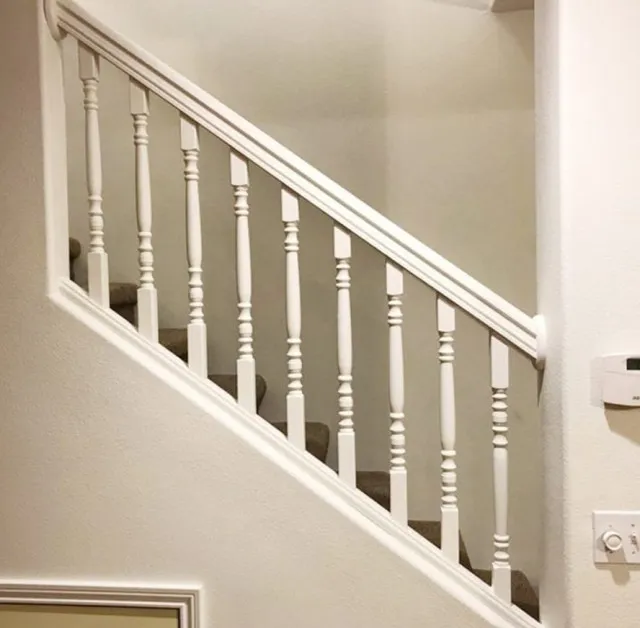
Cultural significance
In various cultures, upside-down balusters have taken on symbolic meanings.
For some, they are thought to ward off evil spirits.
This belief ties into superstitions that have persisted through generations.
For instance, in Scottish folklore, these balusters are said to have links to historical figures like Bonnie Prince Charlie, suggesting that they hold protective qualities.
Such beliefs show that people have long viewed these architectural features as more than just functional elements.
Instead, they have been seen as talismans that bring good luck to the home.
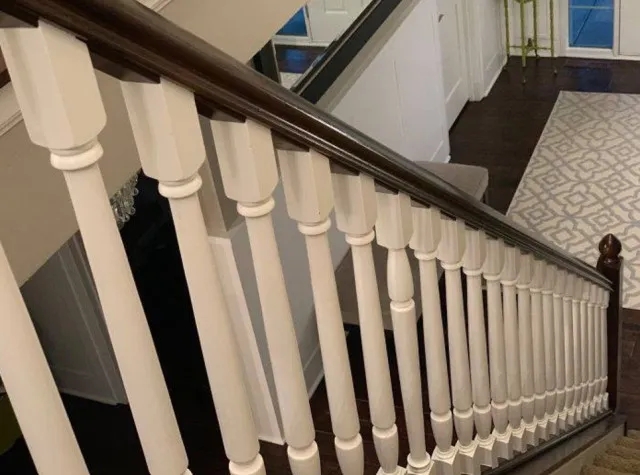
Historical examples
There are historical instances where upside-down balusters were intentionally designed into buildings.
For example, some government buildings, such as the South Dakota State Capitol, feature these inverted spindles as part of their design.
These choices reflect an artistic expression and a respect for tradition.
The use of upside-down balusters can also be seen as a nod to the imperfections of life.
By acknowledging flaws in their work, artisans pay tribute to the complexities of existence.
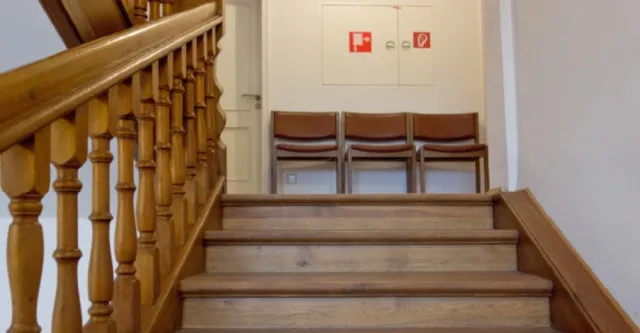
Modern perspectives
Today, encountering an upside-down baluster often sparks curiosity.
Many people appreciate the story behind these unusual features.
Homeowners and visitors alike may find themselves stopping to examine this architectural detail.
It serves as a conversation starter, prompting discussions about history, design, and superstition.
In contemporary homes, the presence of an upside-down baluster can still evoke the same feelings of intrigue.
Many people enjoy learning about the unique aspects of their homes, and oddities like this add character and charm.
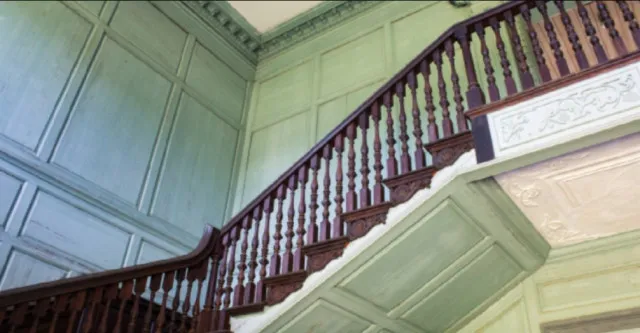
What to do if you find one
If you discover an upside-down baluster in your home or while visiting an older building, take a moment to appreciate its significance.
Consider the history behind it and what stories it might tell.
You can research the architectural style of your home to learn more about its design elements.
If you are restoring an old home, think about whether to keep the upside-down baluster or correct it.
Some homeowners choose to leave it as is, embracing the quirky charm it brings.